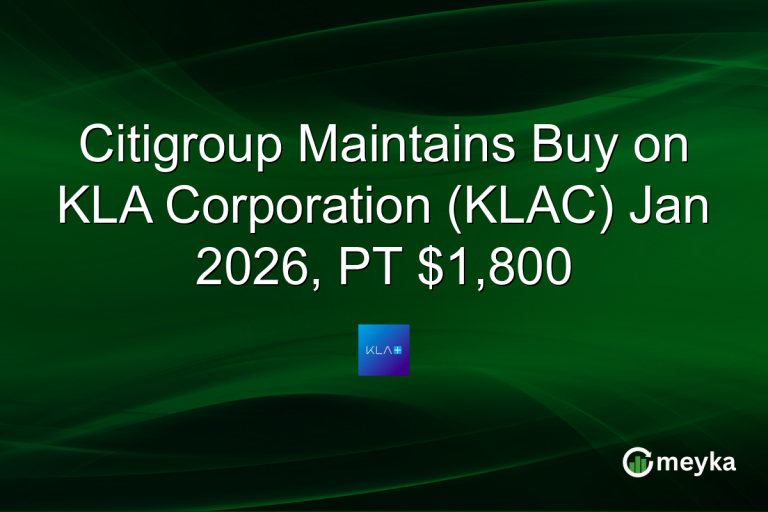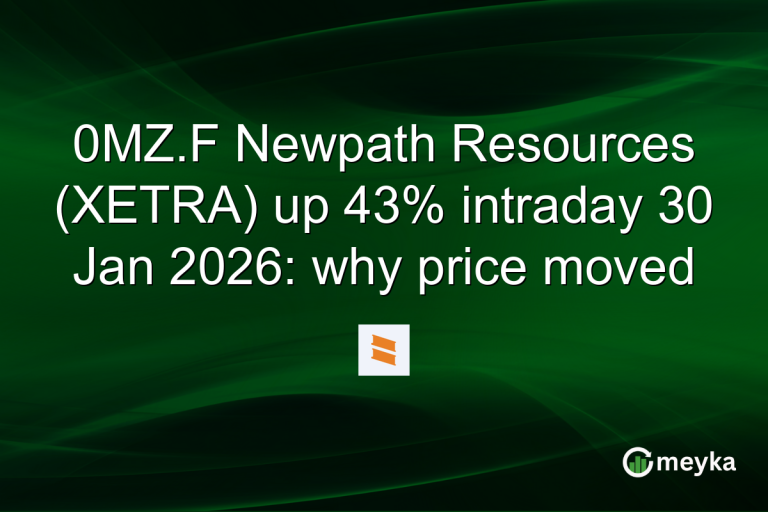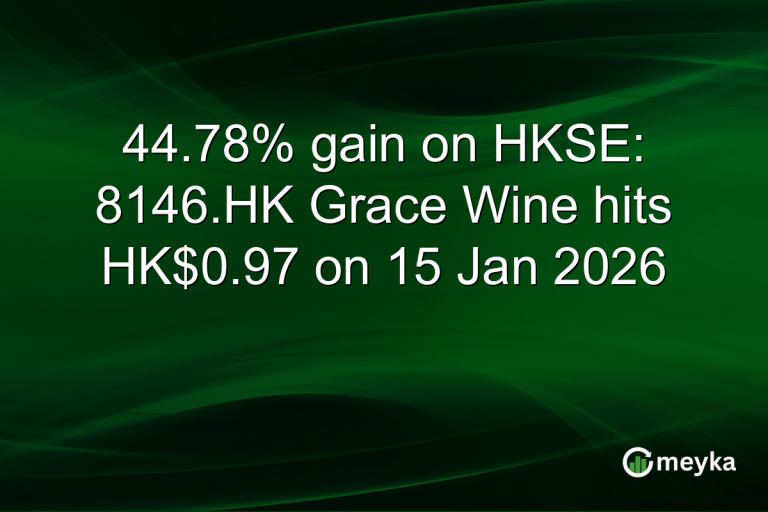Iranian Protests Surge: Impact on Tehran’s Business Landscape
The recent surge in Iranian protests is shaping Tehran’s business environment like never before. Demonstrators, responding to social and economic grievances, are filling the streets in numbers not seen since 2019. These protests are causing significant market disruptions and escalating economic uncertainties. Investors and businesses closely watch the unfolding events, concerned about potential volatility in an already fragile market.
Continue Reading on Meyka
This article is available in full on our main platform. Get access to complete analysis, stock insights, and more.
Read Full Article →





